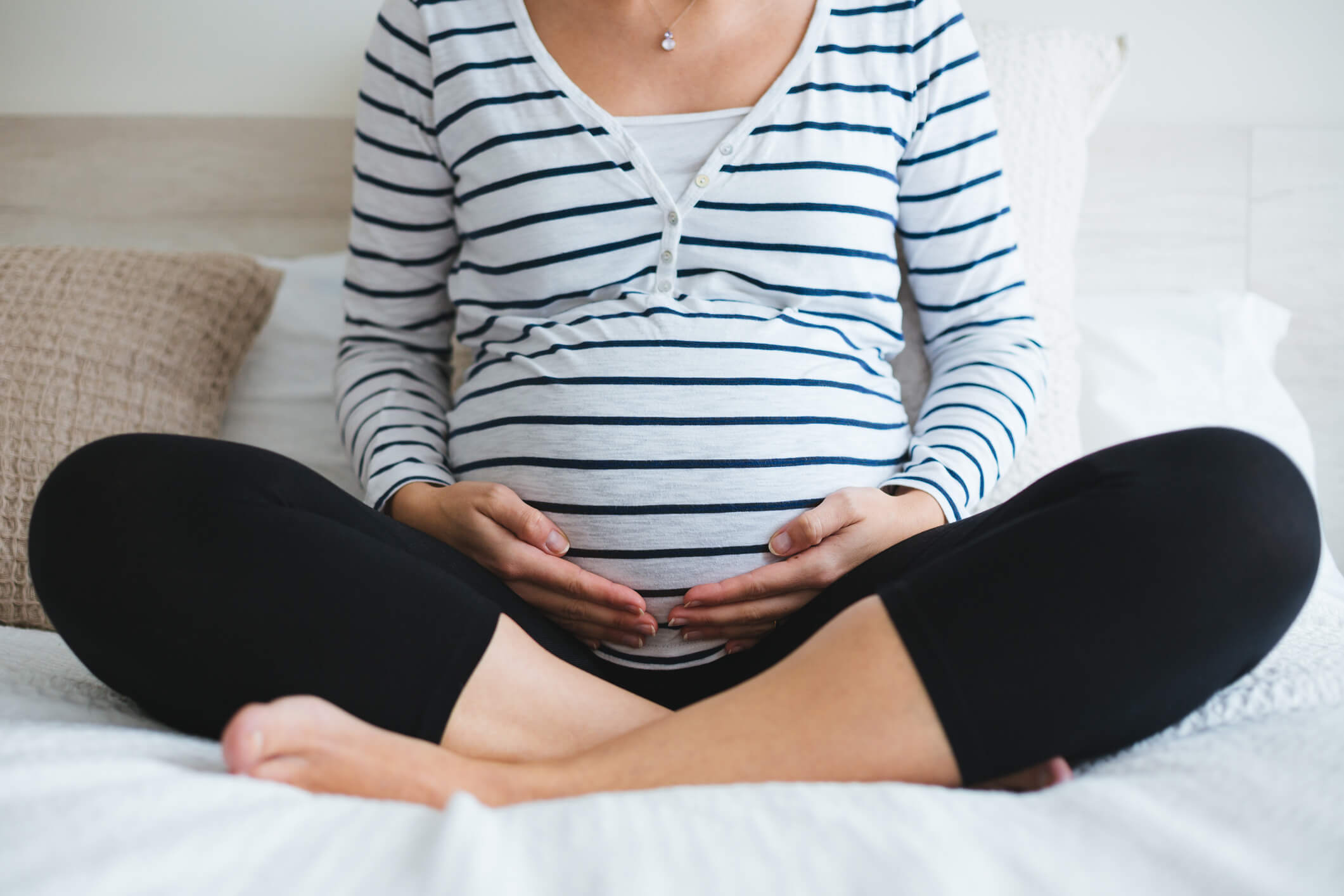After weeks or months of planning life with your new baby, and doing all the right things, a miscarriage can be devastating.
Miscarriage is the loss of your baby before 20 weeks of pregnancy, and sadly, it affects more people than you may think -- up to 1 in 5 confirmed pregnancies will end in miscarriage.
It's normal to wonder if there was something that could have been done to prevent a miscarriage from happening. The truth is that most miscarriages occur for reasons outside of your control and nothing could have prevented it.
Most parents never find out the exact cause and there are a lot of conflicting theories that can be confusing and overwhelming. Often miscarriages occur because of an abnormality that stops the baby from developing properly, this abnormality would be incompatible with life outside the womb. There is no evidence to suggest that exercise, sex or stress increases the chance of miscarriage.
There is also nothing to suggest that a miscarriage means you cannot go on to carry a healthy baby to term in the future.
Is your family growing?
Discover useful information about planning for a baby, managing the postpartum period and the transition into parenthood - including care and birth options, pregnancy health cover and costs, fertility and IVF, tips from medical professionals and more.
Whilst there is nothing you can do to safeguard your baby from miscarriage completely, there are some important things you can do to reduce the risk.
Visit your GP before falling pregnant
It is worth paying your GP a visit before you have conceived for a pre-pregnancy review, and to check for varicella and rubella immunity.
Whilst being vaccinated against these diseases won’t ensure you don’t suffer a miscarriage, it’s worth getting these before you fall pregnant as these live viruses can’t be injected after you’ve conceived. Your GP will recommend that you start taking a pregnancy multivitamin at least three months before you plan to conceive.
Factors such as age, uncontrolled diabetes, thyroid problems and other medical conditions can also have a part to play; it is important to ensure that any medical conditions are managed as well as they can be.
Eat well
A well balanced, healthy diet is important for all mums to be. It’s the best way to get the vitamins and nutrients you need to nourish your baby. Your best bet is to aim for fresh, in-season produce and a balance of all food groups with a focus on fruit, vegetables, healthy wholegrain carbs and protein.
Avoiding unhealthy or ‘junk’ foods can only be good for you and your baby.
Alcohol, drugs and smoking
It might sound obvious but avoiding alcohol, drugs and smoking can greatly reduce your risk of miscarriage. Research shows women who drink alcohol whilst pregnant are more likely to suffer a miscarriage.
If you’re struggling to quit smoking or modify your alcohol intake, speak to your doctor who may be able to help.
Decrease caffeine
It’s hard to say no to coffee at the best of times, especially when you’re experiencing the levels of fatigue that often go hand-in-hand with pregnancy. However, modifying your intake could reduce your risk of miscarriage.
While there is not enough evidence to make a definitive call on how much caffeine is safe, one study found women who had 200mg of caffeine (around 5 cups of coffee) were more likely to miscarry. One to two cups of coffee per day will not increase your chance of miscarriage.
Whilst some of these lifestyle adjustments might help reduce your risk, it’s important to remember that miscarriages happen to even the healthiest of women.
If you experience symptoms such as bleeding, lower abdominal pain or cramping sensations, it’s best to seek advice from your doctor. Once a miscarriage has started, unfortunately there is no way to stop it, however you may need to undergo further treatment to avoid complications.
There is no right way to feel following a miscarriage. Most women experience feelings of grief and have mixed feelings about falling pregnant again. Whilst there is usually no reason why your next pregnancy shouldn’t be healthy, there is a possibility that your loss will affect how you feel about trying again. If you are feeling anxious or struggling to adjust it may help to speak to your doctor, a community support group or a counsellor. It is very important that you speak to your partner about how you are feeling too.
A number of free support services are available. Call Pregnancy, Birth and Baby on 1800 882 436 to speak to a maternal and child health nurse, or visit sands.org.au for information and support.







